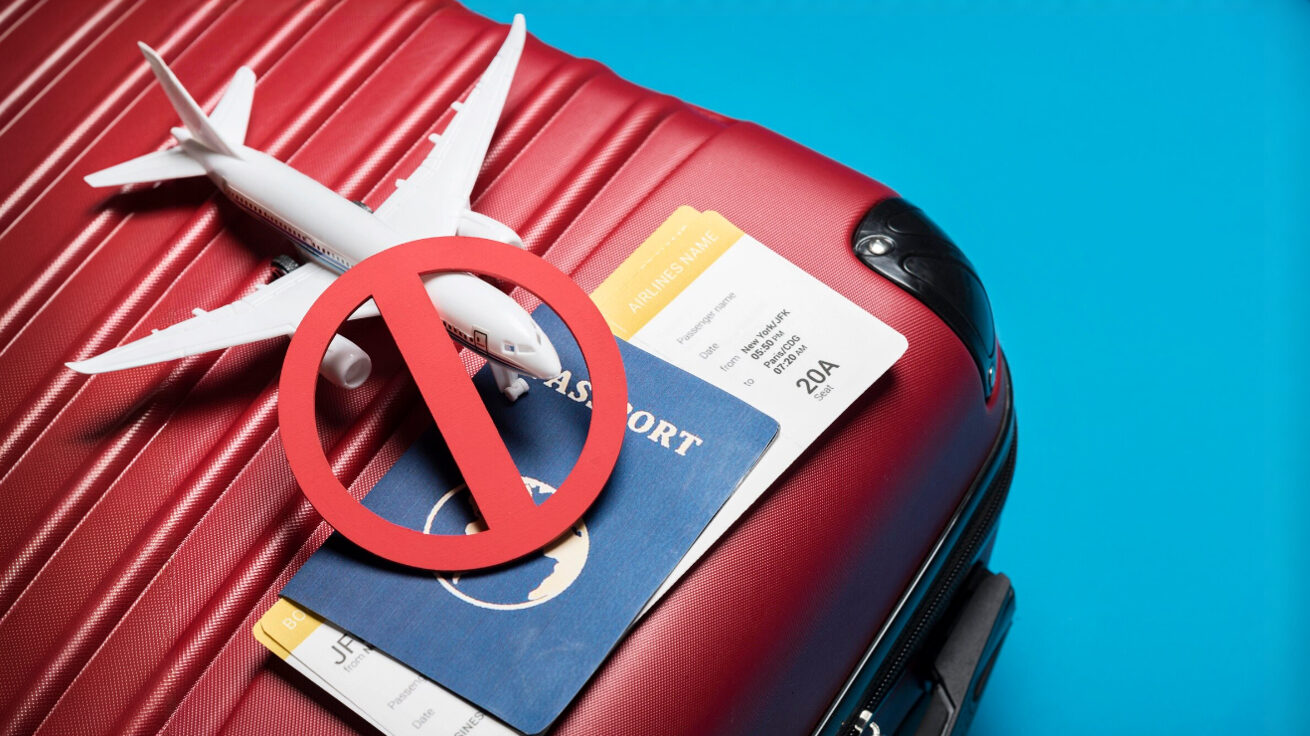US Travel Restrictions Expanded as Trump Targets African, Middle Eastern States
US President Donald Trump’s new travel restrictions on citizens of 12 primarily African and Middle Eastern countries took effect Monday, intensifying the administration’s immigration crackdown. The order blocks most new visa applications from countries the White House says have inadequate security vetting or refuse to repatriate their nationals.
The ban targets citizens of Afghanistan, Myanmar, Chad, the Republic of Congo, Equatorial Guinea, Eritrea, Haiti, Iran, Libya, Somalia, Sudan, and Yemen. Additional restrictions apply to nationals of Burundi, Cuba, Laos, Sierra Leone, Togo, Turkmenistan, and Venezuela who are outside the US and lack valid visas. The new rules do not cancel existing visas, but applications filed after Monday face automatic rejection unless applicants qualify for specific exemptions.
This holiday season, give to:
Truth and understanding
The Media Line's intrepid correspondents are in Israel, Gaza, Lebanon, Syria and Pakistan providing first-person reporting.
They all said they cover it.
We see it.
We report with just one agenda: the truth.


President Trump said the policy is based on data from the Department of Homeland Security, citing high visa overstay rates and weak identity verification in many of the listed countries. He also pointed to a terrorist attack in Colorado by a visa overstayer from Egypt, which is not included on the list, as justification for tighter controls.
“This policy is not about national security — it is about sowing division and vilifying communities that are seeking safety and opportunity in the United States,” said Abby Maxman, president of Oxfam America.
The measure was met with backlash from advocacy groups and communities with ties to affected countries, including Haiti and Afghanistan. Afghan nationals with Special Immigrant Visas remain exempt, a provision aimed at protecting those who worked with the US military during the two-decade war.

